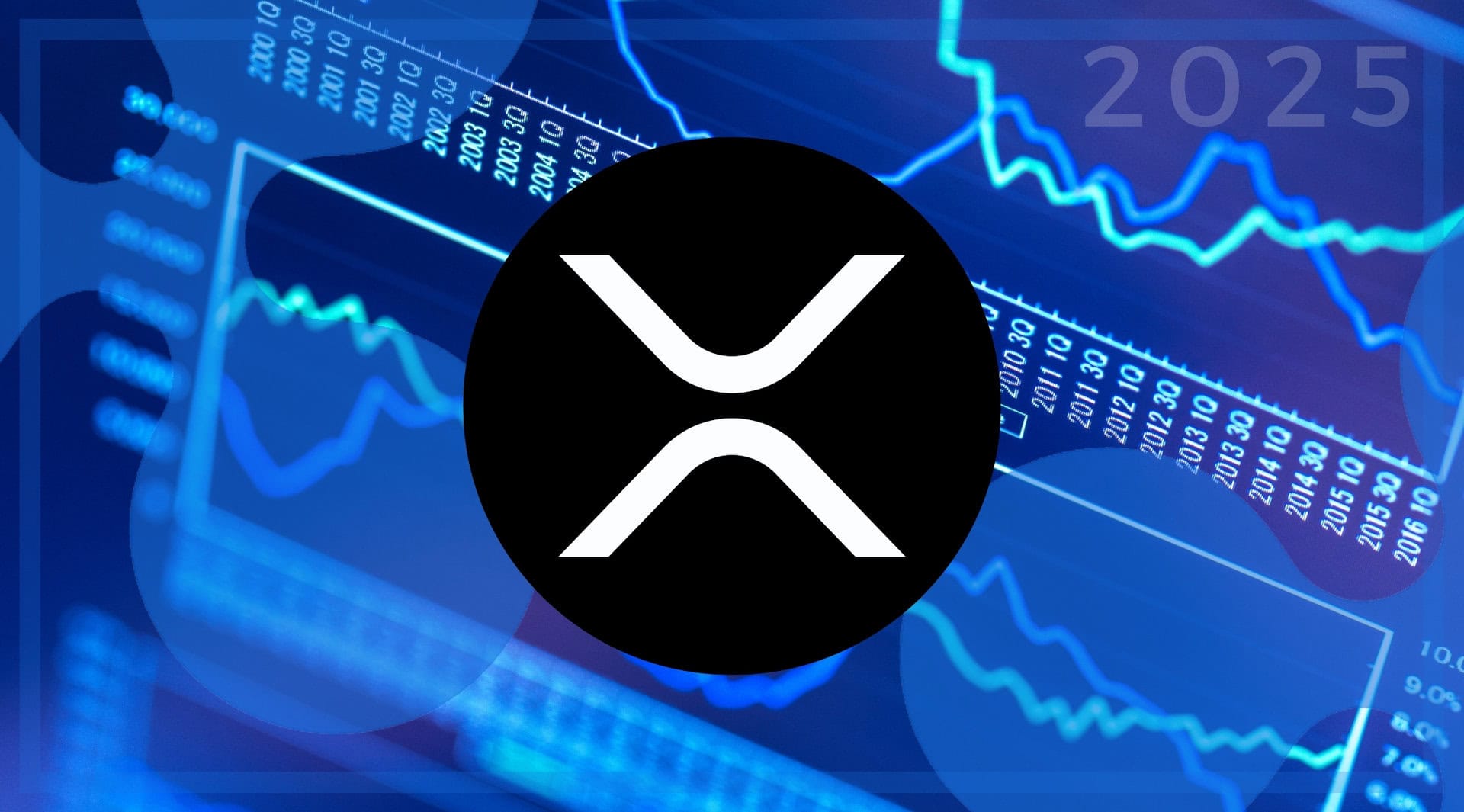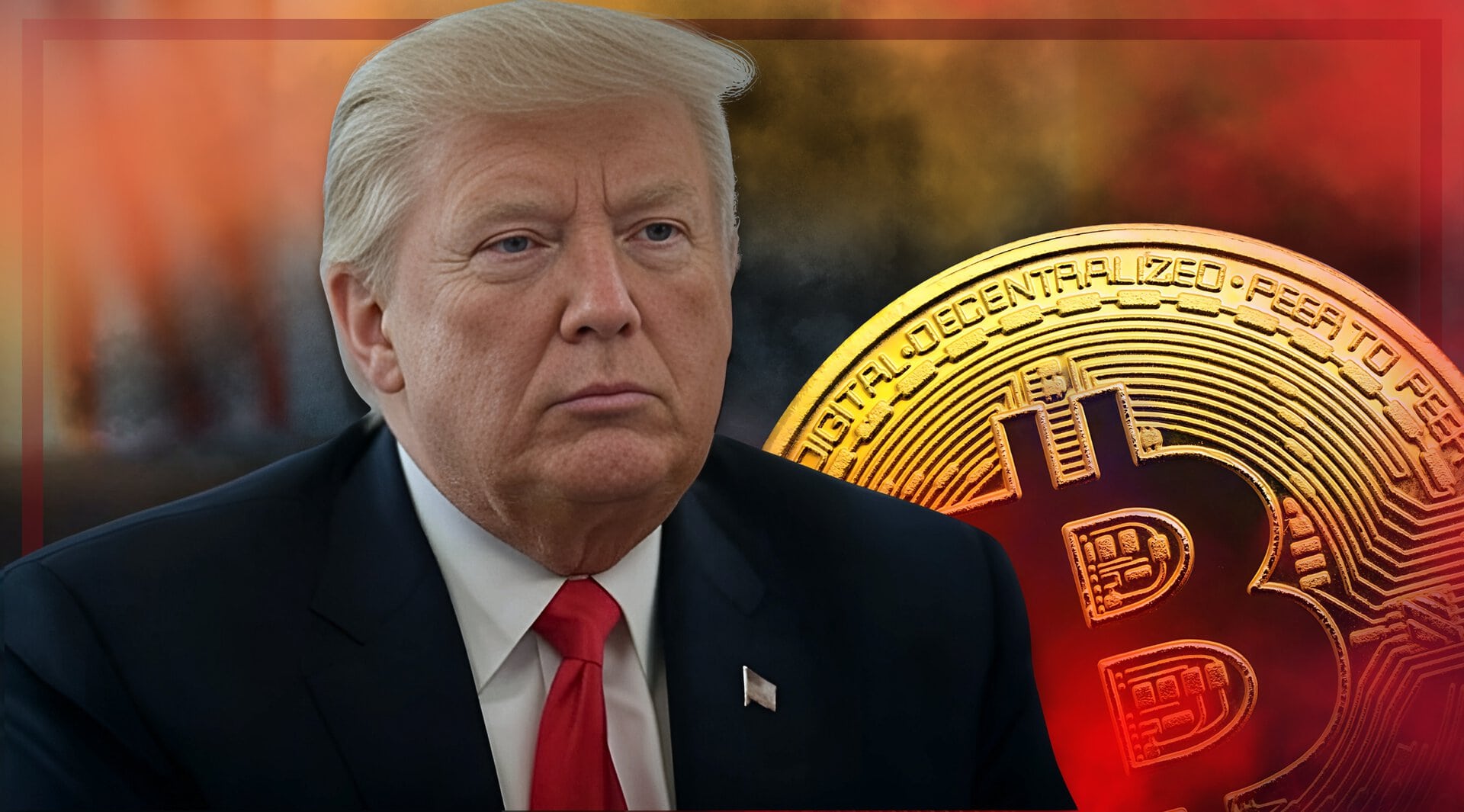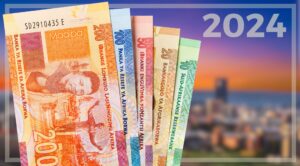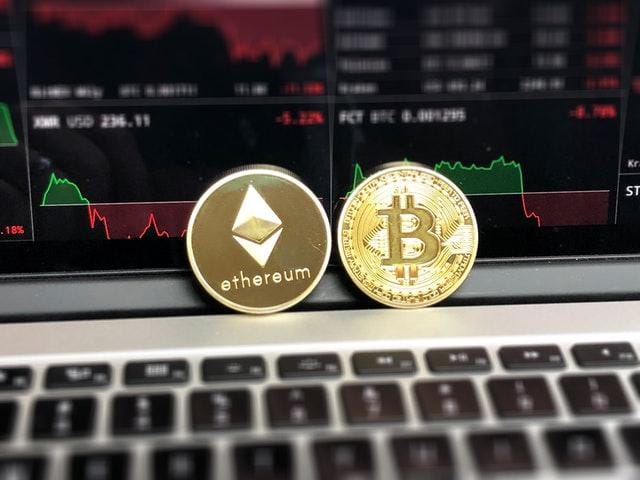Turkey’s main opposition party has secured major election victories in Istanbul and Ankara, in a development that analysts say could encourage the government to ramp up its commitment to more orthodox, market-friendly economic policies.
In Istanbul, President Erdogan’s AK Party was defeated by more than eleven percentage points and almost one million votes by the secular opposition party, the CHP. The opposition also won by a significant margin in the Turkish capital, Ankara, as well as other major cities such as Izmir, Antalya, and Adiyaman.
The elections came at a moment of major economic change in Turkey. For years, Erdogan has insisted that the answer to high inflation in Turkey is to cut interest rates. These ultra-loose monetary policies have caused prices to rise massively – inflation is still running at almost 70% despite interest rates having now been hiked – and the Turkish Lira to trade at record lows against the dollar. Ozan Ozkural, managing partner at Tanto Capital Partners, has said that inflation was the most important reason for the AKP’s defeat:
Since the presidential elections last year, Erdogan appears to have recognised the need to pivot Turkey back towards more orthodox monetary policies. Erdogan has appointed orthodox figures to the finance ministry and central bank and, slowly, foreign investors have begun to increase their exposure to Turkish financial markets. The global credit ratings agency Moody’s has reportedly considering a ratings upgrade for Ankara in light of the improvements being seen.
Timothy Ash, an emerging markets economist, told Disruption Banking that the recent elections came up with “the best possible result for Turkish markets.”
“Democracy has been affirmed and inflation identified as the number one problem – but [Turkish Finance Minister] Simsek is providing Erdogan with a path to beating inflation.”
Turkey – probably Erdogan’s worst election result in his 22 years in office. Inflation, inflation, inflation.
— Timothy Ash (@tashecon) March 31, 2024
Daglar Ozkan, an economist at an investment bank in Istanbul, similarly said that “the government has signalled that another U-turn towards populist monetary and income policies would be very costly, ruin the disinflation story, and result in a loss of credibility, a jump in credit default swaps yields, and another round of big foreign reserve losses.”
“The best way for Erdogan to reconsolidate his base of support is to reduce inflation and fix macro imbalances. He has time – the next elections are scheduled for June 2028 – and most of his electoral losses went to ideologically close parties, such as the New Welfare Party, which was part of Erdogan’s alliance just ten months ago,” Ozkan added. “These voters can be recovered; there is no need to panic, which would be very costly and make things worse for 2028.”
“Simsek, along with Vice President Yilmaz, has been very clear about maintaining the current course of tight monetary policy and gradual economic normalisation.”
I disagree with the popular thinking that Erdogan would dismiss Simsek as the finance minister due to poor electoral results.
— Ragıp Soylu (@ragipsoylu) March 31, 2024
On the contrary, done is done, there is no elections until 2028. No reason to be populist.
If Erdogan can fix the economy, he will be still popular in…
Markets appear to have agreed with this assessment, with the lira strengthening slightly against the dollar in the aftermath of the election. The Borsa Istanbul Index has similarly rallied. The yields on five-year credit default swaps, the best risk indicator in Turkish markets, have also dropped to reflect greater confidence that Erdogan plans to stay the course on his economic policies.
Author: Harry Clynch
#Turkey #Erdogan #Inflation #Lira















